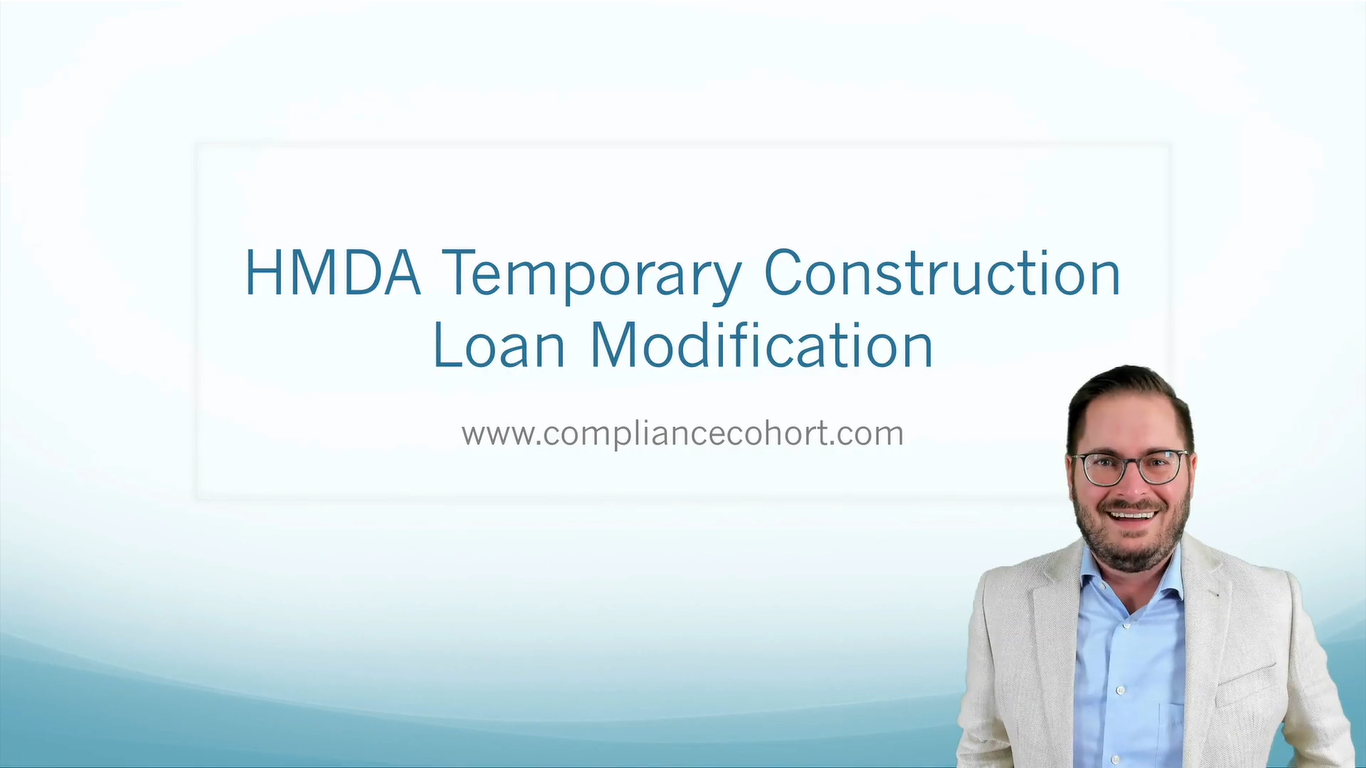On March 1, 2022 the CFPB issued a report highlighting the complicated and burdensome nature of the medical billing system in the United States. The report reveals that the U.S. healthcare system is supported by a billing, payments, collections, and credit reporting infrastructure where mistakes are common, and where patients often have difficulty getting these errors corrected or resolved.
From CFPB Director Rohit Chopra’s statement:
“When it comes to medical bills, Americans are often caught in a doom loop between their medical provider and insurance company. Our credit reporting system is too often used as a tool to coerce and extort patients into paying medical bills they may not even owe.”
The report, titled “Medical Debt Burden in the United States”, details how medical bills arise from unexpected and emergency events, are subject to opaque pricing, and are subject to complicated insurance or charity considerations and pricing rules. It also describes challenges and sources of confusion when a person’s medical bills go into collection or are placed on a credit report. This happens when doctors, hospitals, parent companies, or groups representing a service provider send separate bills to collectors for the same visit which results to multiple charges.
Some other key findings from the report include:
Medical debt affects tens of millions of households: Roughly 20% of U.S. households report that they have medical debt and that medical collections tradelines appear on 43 million credit reports. As of the second quarter of 2021, 58% of bills that are in collections and on people’s credit records are medical bills.
COVID-19 has made the situation worse: Both uninsured and insured patients incurred significant costs to cover COVID-19 related services. Additionally, many people deferred routine care during the pandemic, thus, costs and medical debt are expected to increase post-pandemic.
Medical debt affects households unevenly: Past-due medical debt is more prevalent among Black (28%) and Hispanic (22%) individuals than white (17%) and Asian (10%) individuals. Medical debt is also more common in the Southeastern and Southwestern U.S., in part because states in those regions did not expand Medicaid coverage.
Medical debt weakens underwriting accuracy: Previous research by the CFPB has shown that medical billing data on a credit report is less predictive of future repayment than reporting on traditional credit obligations. Some newer credit scoring models weigh medical collections tradelines less heavily. However, there has been very little adoption so far, and the most widely-used models use the older, less accurate approach. As a result, people with medical debt, who are disproportionately Black and Hispanic, continue to be penalized with lower credit scores.
The CFPB reiterated that it will ensure that consumer credit reporting system is not used coercively against patients and their families to force them to pay questionable medical bills. Specifically, the CFPB intends to:
Hold credit reporting companies accountable for having reasonable procedures in place to assure that medical debt information is accurate and taking action against furnishers who report inaccurate information.
Support the work of the U.S. Department of Health and Human Services to ensure that patients are not coerced into paying bills in excess of the amounts due, particularly where the billed amount violates the No Surprises Act.
Investigate how best to facilitate patients’ access to financial assistance programs offered by medical providers, including at the point of collection and credit reporting.
Conduct additional research on medical billing collection practices and their impact on patients and families.
Determine whether policies should be implemented to eliminate unpaid medical billing data on credit reports altogether.
Read the CFPB’s full release here.
See the CFPB’s report here.

